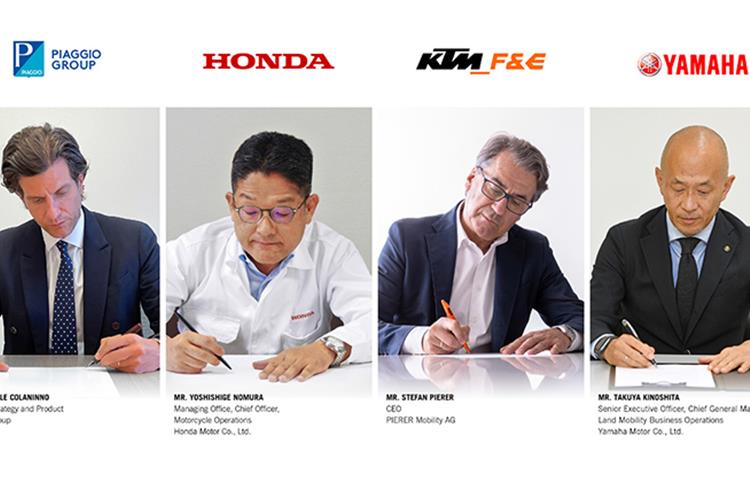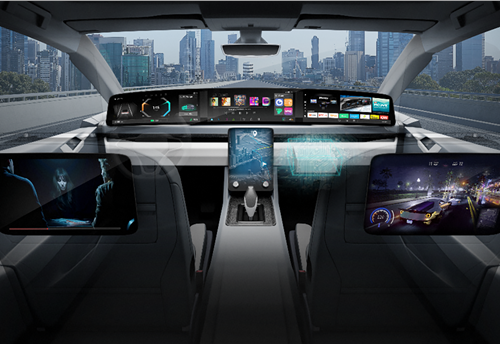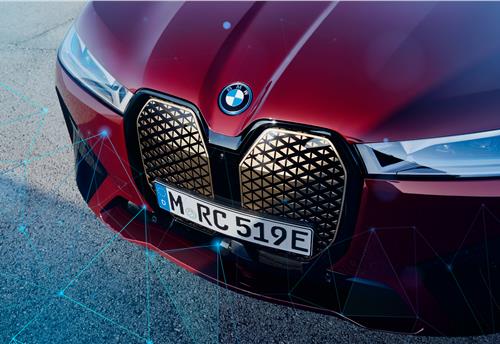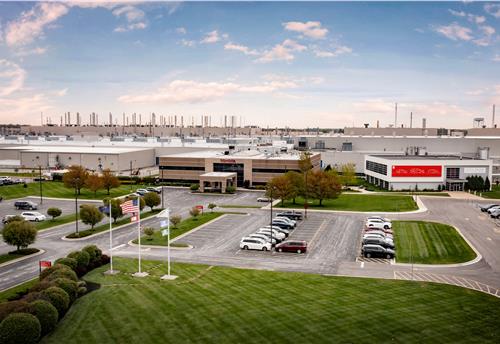Piaggio, Honda, KTM and Yamaha to jointly work on swappable battery systems
Consortium's founding members believe availability of a commonly developed swappable battery systems is key to the development of low-voltage electromobility.
The Piaggio Group, Honda Motor Co, KTM F&E GmbH and Yamaha Motor Co have officially signed an agreement for the creation of the Swappable Batteries Motorcycle Consortium (SBMC).
Committed to the promotion of the widespread use of light electric vehicles, such as mopeds, scooters, motorcycles, tricycles and quadricycles in the transport sector and to the more sustainable life-cycle management of batteries in the context of international climate policies, the founding members of the Consortium believe that the availability of a commonly developed swappable battery systems is key to the development of low-voltage electromobility.
Four primary goals
The underlying aim of the Consortium is to find solutions to the concerns customers may have regarding the future of electromobility, such as the range, the charging time and infrastructure, and costs. This will be achieved in accordance with four primary goals:
- Develop common technical specifications of the swappable battery systems
- Confirm common usage of the battery systems
- Make, and promote, the Consortium’s common specifications a standard within European and International standardisation bodies
- Expand the use of the Consortium’s common specification to global level
By working closely with interested stakeholders and national, European and international standardisation bodies, the four companies will be involved in the creation of international technical standards. At present, the availability of charging stations varies between countries and there is still limited information for end users. Therefore, with this consortium, Piaggio, Honda, KTM and Yamaha aim to engage decision makers for the development and deployment of charging infrastructure to promote the increase of light electric vehicles.
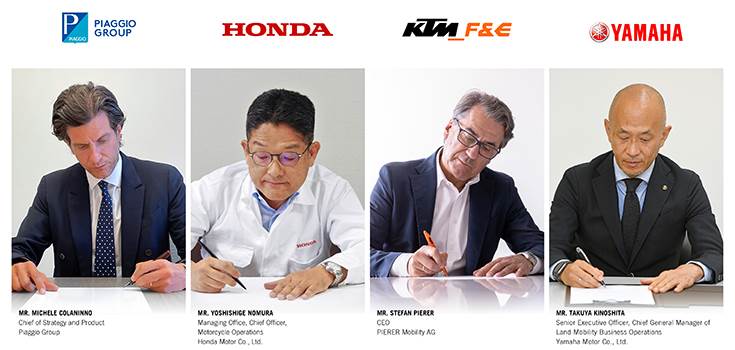
Michele Colaninno, Chief of strategy and product of Piaggio Group, said: “Urban mobility is going through a delicate moment of transition towards electrification. Thanks to our Consortium, representing four major global players, motorbikes will continue to play a key role in the urban context. Swappable batteries give the right answer to speed up the recharging time of vehicles offering an additional valuable choice for users. Urban mobility is part of the Piaggio DNA and history: our aim is to bring all our technological know-how and attitude for innovation to the Consortium.”
Yoshishige Nomura, Chief Officer, Motorcycle Operations, Honda Motor Co, commented: “Honda believes that the widespread adoption of electric motorcycles can play an important part in realising a more sustainable society. For that purpose, we need to solve several challenges such as extending the range, shortening the charging time and lowering the vehicle and infrastructure costs to enhance convenience for customers.”
Stefan Pierer, CEO, Pierer Mobility AG, said: “The signing of this Consortium agreement is a key step in ensuring that Pierer Mobility AG, can continue to move forward, deliver innovation at pace, and advance its clear strategic vision for electric powered two-wheelers. Together with our partners, we will work to deliver a swappable battery system for low-voltage vehicles (48V) up to 11kW capacity, based on international technical standards. We very much look forward to ensuring that powered two-wheeler vehicles maintain their role in the future of both urban and non-urban mobility.”
Takuya Kinoshita, Senior Executive Officer, Chief General Manager of Land Mobility Business Operations, Yamaha Motor Co, said: “The Swappable Batteries Motorcycle Consortium in Europe is finally ready to get to work. I hope that this first step forward will be a beacon that draws like-minded parties to our mission and leads to transformative changes for the future. We at Yamaha Motor are confident that through this initiative, we can help unify the differing technical specs and standards and contribute to maximising the merits of electric power for customers around the world.”
RELATED ARTICLES
Visteon wins $1.4 billion in new business in Q1 2024, launches 26 new products
Digitisation of vehicle cockpit megatrend is a key growth driver for Visteon with over $400 million of displays wins; Vi...
BMW uses Catena-X ecosystem using real-world CO2 data to enhance quality
Working together with partners and suppliers, the company has modelled a complete data chain for the first time using re...
Toyota to invest $1.4 billion in Indiana plant for new electric SUV
The investment will go towards building the all-new BEV as well as a new battery pack assembly line using lithium-ion ba...





 By Autocar Pro News Desk
By Autocar Pro News Desk
 09 Sep 2021
09 Sep 2021
 6836 Views
6836 Views



